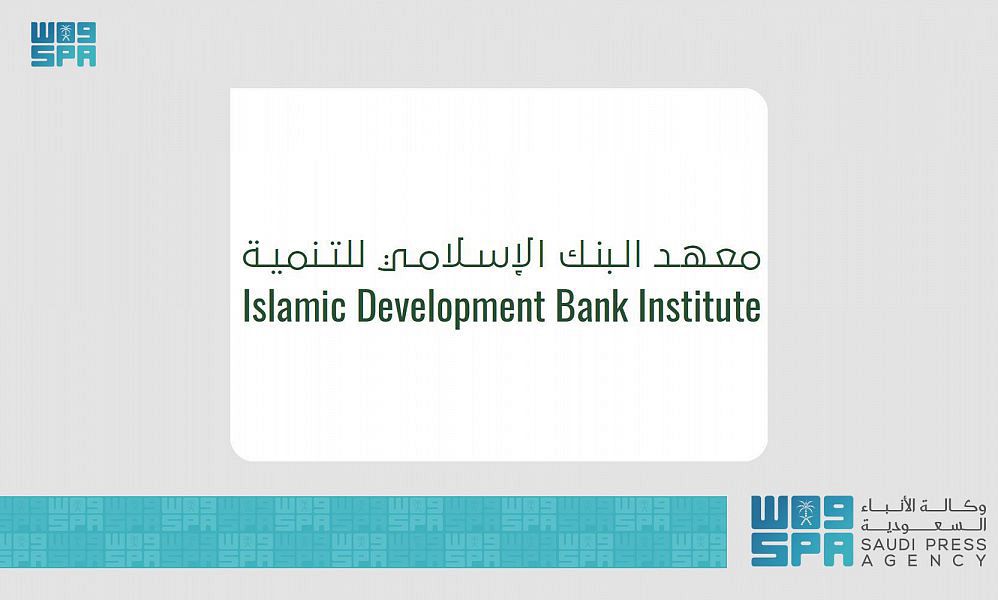
MANAMA — Proact International Consultancy organized the "Economic Recovery" forum in Bahrain under the slogan "Post-Pandemic", which was held remotely through live broadcasting, with the participation of a group of economists and businessmen who discussed the path of post-corona recovery phase in the sectors of the economy, banking, health, nutrition, tourism, hotels, technology, communications and media. The forum’s speakers also reviewed investment opportunities, and methods to meet the challenges and encourage the innovation required by the next stage.
CEO of “Proact” International Consultancy and Secretary-General of the Forum, Dr. Khaled Bomatia, welcomed at the beginning of the forum the specialized participants who reviewed the changes imposed by coronavirus and how to invest it and overcome its consequences, especially in the most affected sectors.
Businessman Khalid Al Amin, during the forum, said in his speech that the Bahraini economy has sufficient flexibility to overcome the repercussions of the coronavirus crisis, expressing his belief that the economy will recover quickly once the precautionary measures imposed by the pandemic outbreak is eased, and pointed out that the integration of the Bahraini economy and its openness to the economies of the region and the world makes the acceleration of this recovery also linked to actions taken by other countries.
In his speech, spokesman and journalist Ibrahim Al Tamimi said that COVID-19 represents an opportunity also to adopt a new methodology in the field of work, distance education, social communication, and others, as the plight of coronavirus demonstrated once again the cohesion and solidarity of Bahraini society, noting that post-corona economic recovery is linked to a large extent to the timing of eliminating the virus or controlling it.
Dr. Faisal Al-Nasser, head of the Home Health Care Center — one of the speakers at the forum — emphasized that the epidemic that plagued the world recently and spread in a very short period not exceeding four months, managed to change many concepts among people and governments, especially health services.
"Some of these variables that occurred impose new priorities and establish how different health services are expected to be in the post-pandemic phase, and this necessarily reflects on the prospects and opportunities for investment in the health field," Dr. Faisal added.
For his part, Moanis Al Murdi, editor-in-chief of the Bahraini newspaper Al-Bilad and one of the speakers at the forum, said, "There is an optimistic view of the speed of the economy recovery post-corona, unfortunately, most of the economic forecasts say otherwise, we need to understand the effects of the economic downturn that will last for decades and we will see a change in the economic landscape.”
Dr. Lelwa Bodlama, Media Affairs Adviser at the Ministry of Information, addressed in the working paper presented during the forum the differences of public confidence in the official media before coronavirus and during coronavirus, and the forward-looking role of formal and informal media in crises, while Dr. Ali Al-Mawlani, head of the Bahraini Economists Society, answered questions about the impact of the financial and economic package announced by the government on the movement of the Bahraini economy.
One of the speakers, administrative consultant Mohamed Issa, said "After this crisis, I hope that the convictions of boards and executives will change regarding investment in information systems and infrastructure in order to develop and sustain the business of their companies, whether in times of stress or in prosperity.
“It has been found that the companies that previously invested in this field, was able to increase its sales and market share and strengthen its reputation, unlike companies that used to view information systems as unnecessary expenses and do not have lucrative financial returns, and this is something I will highlight in the working paper that I present at the forum.”
Eng. Nabil Al Mahmoud reviewed a paper titled "The Impact of the coronavirus crisis on micro, small and medium enterprises", that discussed the results of a survey conducted in Bahrain on the impact of this crisis on these facilities to measure the impact of the MSMEs during the first quarter of 2020 of this crisis, and measure the readiness of these facilities for such crises, in addition to knowing its priorities of the support provided and expected from the concerned authorities. The paper also presented solutions to reduce the repercussions of this pandemic on this category of facilities.
In the technology and communications sector, Wafik Ajur, information technology and communications adviser in The National Health Regulatory Authority (NHRA), addressed a brief overview of 5G technology, IoT technology, Cloud Computing and artificial intelligence and machine learning (AI / ML), and its role in digital transformation, and the most important challenges facing it, and its most important business opportunities and investments especially after the end of the pandemic. — SG











